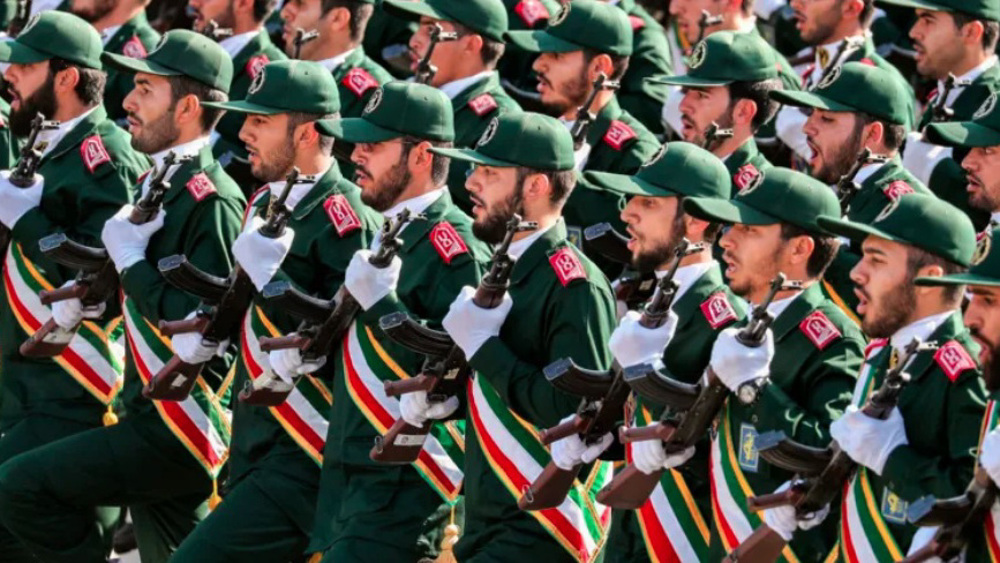Turkey using attempted coup to marginalize opposition: Lecturer
Press TV has conducted an interview with Afshin Shahi, a lecturer at the University of Bradford, about the impact of the attempted coup in Turkey on the future political landscape of the country.
The following is a rough transcription of the interview.
Press TV: Your overall evaluation of what took place just over 24 hours ago in Turkey as far as you're take and understanding of what has taken place during this attempted coup.
Shahi: You know that we need to understand the situation, what happened on Friday, within a wider context. I mean if you do look at the recent history of the country pretty much from 1960s onwards until about 1997, almost every 10 years, there was a major military intervention in the country. So, the country overall is not completely alien to coups and military intervention but since the AKP came to power, more or less the military was under control. After all, Mr. Erdogan did his very best to purge the military and to make sure that he purges the officials who were not 100 percent in agreement with the basic principles of his party.
Nonetheless, we heard what happened. There was an attempted coup and the coup failed on Friday but again what is really concerning at the moment is not necessarily what happened on Friday but the political and the security consequences of what happened last week as you mentioned yourself already over 6,000 people have been arrested. And some observers are extremely concerned that Mr. Erdogan may use what happened on Friday as a pretext to completely change the political landscape of the country.
We know that Mr. Erdogan had been facing a lot of difficulties particularly over the last couple of years. The peace process with Kurds is completely out of the picture at the moment, the economy has not been doing so well and more importantly the Turkish foreign policy has proved to be nothing but a disaster. So, in the situation like that, some observers believe that what happened on Friday can give Mr. president a new excuse, a pretext, to crack down on opposition and act as a kind of more of authoritarian leader.
Press TV: And do you see it, if this crackdown continues, basically not being met by a whole line of opposition from the Turkish people because of course they have just then witnessed an attempted coup and people have been killed. How do you see as for as the reaction from the people themselves?
Shahi: They think is, I mean, I cannot think of any historical phase over the last six or seven decades in Turkey to basically when it comes to political polarization and social polarization this is the worst period in Turkish history. The country is divided in every sense of the term and Mr. Erdogan has been such a polarizing figure. So, I mean he has this kind of ... just in the same way that a very big chunk of the population support him. There are a lot of people from various segments of the civil society who oppose him.
And we have to remember that within the current political landscape of Turkey the government and Erdogan had three major oppositions apart from the press and other institutions of civil society. These opposition forces included the military in the broadest sense of the term. Of course military doesn't even claim to be political or did not claim to be political before Friday, the Güllen movement and the traditional and secular parties. And what happened on Friday is going to significantly weaken the military, the traditional secular parties and more importantly the Güllen movement. I mean he made it very clear today that he’s absolutely determined to use every possible political resources he has to undermine the power of this movement, the Güllen movement, which seems to be still very influential in the country.
'Blatant war crime': Iran denounces US-Israel strikes on Gandhi hospital in Tehran
IRGC spox: 650 casualties for US military in two days as Iran missiles force aircraft carrier to fle
Tehran warns of false-flag operations, says Israel ‘undoubtedly’ seeking to widen war
New wave of attacks devastates key US base in Bahrain as Iran strikes back
Melania Trump chairs UN children's meeting as Iran buries kids killed in US-Israeli attack
Why Iran’s Leader refused special protection, leading from the front until last breath
Hezbollah strikes Israeli surveillance, military base in Golan Heights, occupied lands
Iran holds funeral for scores of schoolgirls murdered in US-Israeli aggression














 This makes it easy to access the Press TV website
This makes it easy to access the Press TV website